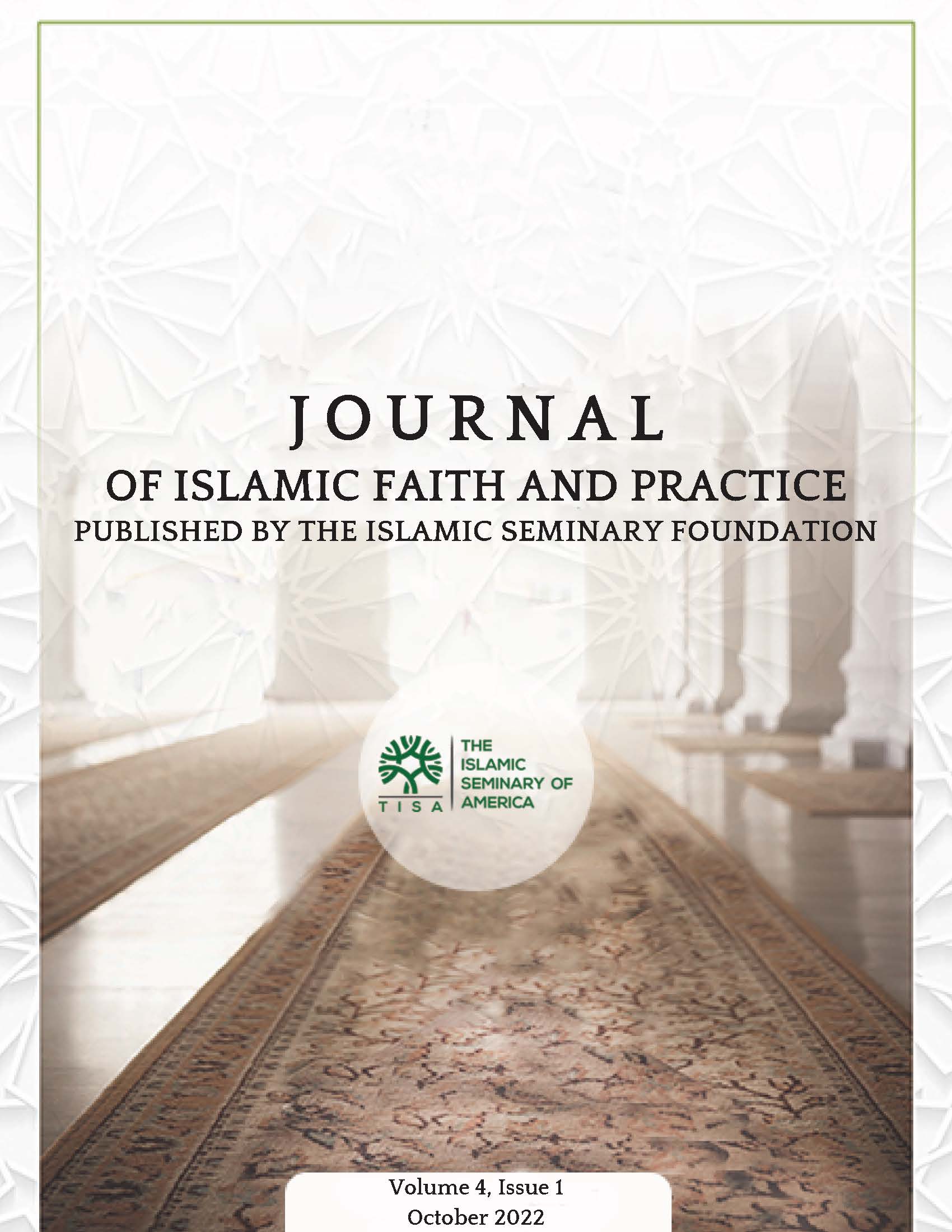Transforming the Self, Family and Society through a Qur’anic Ethos
DOI:
https://doi.org/10.18060/26544Keywords:
Qur’an, human self-worth, taqwa, oppression (ẓulm), accountability, repentanceAbstract
This article examines how the Qur'an transforms self, family and society; discusses oppression of oneself and others; and demonstrates how the problems it causes can be prevented by constant self-awareness and self accountability. In addition, it addresses various issues including the Qur’an’s view of oppression’s spiritual roots, the origin of human relations, and taqwā’s relationship with self-development. In addition, and most importantly, it identifies the oppressor and the oppressed; explains how oppressors can transform themselves; why God holds people accountable; and how to evaluate our strategies’ success or failure in dealing with oppression. The methodology used is that of reading the Qurʾan intra-textually as one structural unity (al waḥda al-binā’iyya li-l-Qur’ān). This involves cross-examining and integrating the sacred text’s linguistic, structural, and conceptual elements. The overarching goal of this approach is to prevent injustice and promote peace through justice, mercy, and mutual accountability.

